Part 3 (scroll down for Part 1 & 2)
Discerning our calling is a life-long journey. How we approach and wrestle with the questions of calling (who am I? Who am I called to be?) will be influenced by our stage of life. Recently, I have had a heightened awareness to this in response to conversations with friends, client work, and paying attention to my own mid-life transition.
Gordon T. Smith has done a beautiful job of speaking to the stages of calling or what he calls, “Phases Of Vocational Development.” On several occasions over the last few months I have found myself back in his material—or just recalling it as I sit with a client. And so, I have taken some time to compile and summarize his work (with a few of my own thoughts thrown in) and will share it in 3 separate posts. Where are you at in these phases?
3. From Mid-Adulthood To Our Senior Years:
Smith explains that the “notion of retirement developed in the 1930s, when life expectancy was lower and when it was appropriate for individuals to be released from hard physical work for the last few years of their lives.” Although most seniors today can expect to live much longer, the old notion has remained, and retirement is typically associated with a life of leisure. Because we have confused calling or vocation and career (assuming they are one and the same) our retirement can actually become a season that lacks purpose. We must understand that although we may leave a career, we will always have our calling. Of course, with age our capacity will change and we will have to continue to honor our limitations. “The expression or focus of [our] vocation, the way in which it is fulfilled, will change.” Our calling in our senior years ought to be marked by two essential characteristics:
Sharing Wisdom. “We allow our influence to flow from who we are as persons and what we have learned along the way, rather than seeking an influence based on position or office.”
Giving Blessing. “Those seniors who bless have the greatest influence on the generation that follows.”
Wisdom follows Blessing. “We will not be a source of wisdom, heard and appreciated for our counsel, if we do not bless.”
So, in summary, the phases of vocational development are as follows:
1. Young adults: take responsibility for your own life.
2. Midlife adults: accept yourself for who you are, for better or worse.
3. Senior adults: let go so that you can bless and offer wisdom.
